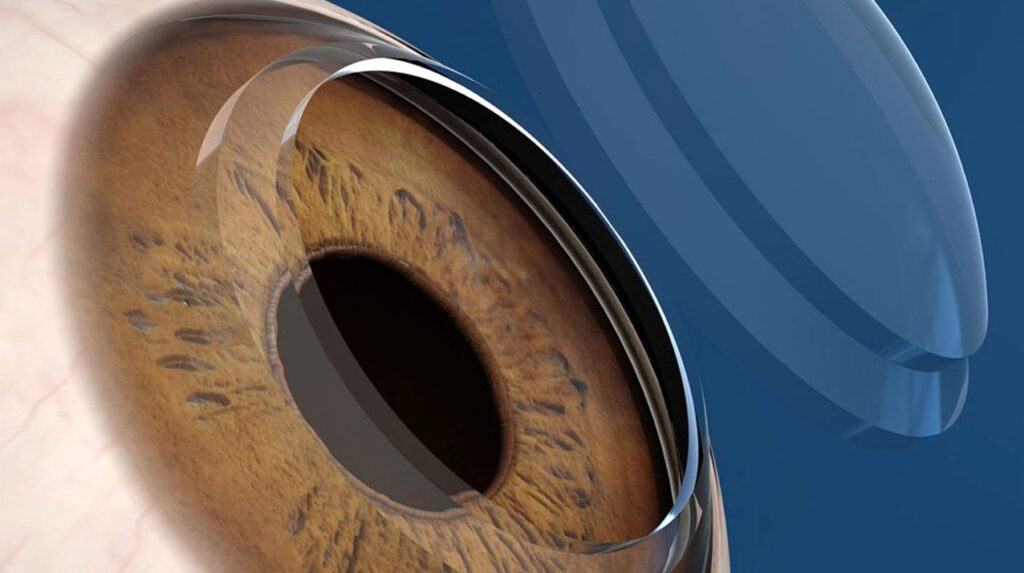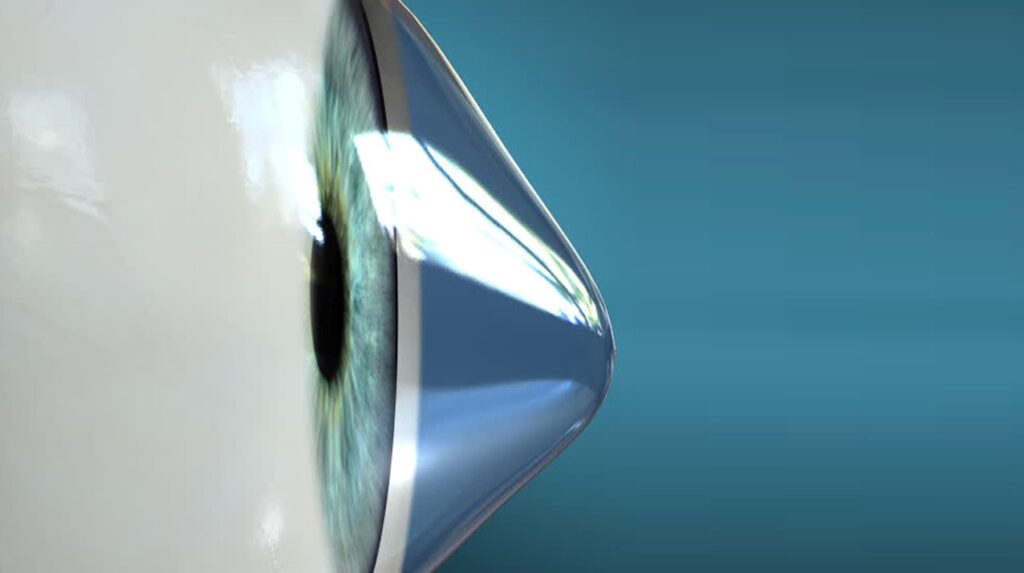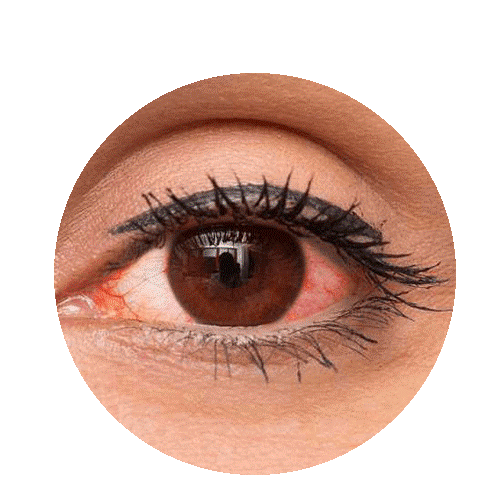Cornea Specialist In Thane
Cornea specialist in Thane, is the clear front surface of the eye. It lies right in front of the iris and pupil, and it allows light to enter the eye.All of the following facilities are available at our centre.
Corneal Transplantation
A cornea transplant is an invasive procedure that replaces affected part of the cornea with a healthy donor corneal tissue. It can restore vision, reduce discomfort and enhance appearance of a cornea that has been impaired or been diseased.

Treatment for Keratoconus

Keratoconus is a disease in which cornea starts expanding into a conical shape. This eye syndrome is progressive and can’t be reversed. When diagnosed early, C3R therapy helps in stabilizing it and in advanced stages, corneal transplantation techniques are helpful.
Symptoms
If you have keratoconus, you may observe






Understanding the Cornea: The Eye’s Protective Window
The cornea is a crucial component of the eye, serving as the clear, dome-shaped front surface that covers the iris and pupil. It plays an essential role in vision by refracting light and helping focus it onto the retina at the back of the eye. Given its importance, any damage or disease affecting the cornea can significantly impact vision and overall eye health.
Structure and Function of the Cornea
The cornea is composed of five distinct layers, each with specific functions:
Epithelium: The outermost layer, which provides a protective barrier against dust, germs, and other foreign particles. It also absorbs nutrients and moisture from tears.
Bowman’s Layer: This thin, fibrous layer lies beneath the epithelium and provides additional strength and protection.
Stroma: The thickest layer, made up of collagen fibers that give the cornea its shape and transparency. The arrangement of these fibers is critical for proper light transmission.
Descemet’s Membrane: This thin layer acts as a protective barrier against infection and injury.
Endothelium: The innermost layer that regulates fluid within the cornea, maintaining its transparency. Damage to this layer can lead to swelling and vision impairment.
Common Corneal Conditions
Several conditions can affect the cornea, leading to various symptoms and potential vision loss. Some common corneal issues include:
Keratoconus: A progressive condition where the cornea thins and bulges outward, causing distorted vision. Early detection and management are vital to preserve vision.
Corneal Abrasions: Scratches or injuries to the cornea can result from accidents, contact lens misuse, or foreign bodies. These can be painful and lead to infection if not treated promptly.
Corneal Dystrophies: A group of inherited disorders affecting the cornea’s structure, leading to vision problems. Examples include Fuchs’ dystrophy and granular dystrophy.
Corneal Infections: Conditions such as keratitis can result from bacterial, viral, or fungal infections, causing redness, pain, and potential vision loss.
Treatment Options
Treatment for corneal conditions varies depending on the severity and underlying cause. Common treatment options include:
Prescription Eyewear: Glasses or contact lenses may help correct vision issues caused by corneal irregularities.
Medications: Antibiotic or antiviral eye drops can treat infections, while corticosteroids may reduce inflammation.
Surgical Interventions: In more severe cases, procedures like corneal transplant or laser surgery (e.g., LASIK) may be necessary to restore vision and improve corneal health.
Conclusion
The cornea is a vital part of the eye, essential for clear vision and overall eye health. Regular eye exams and prompt treatment for any corneal issues are crucial to maintaining optimal vision. If you experience symptoms such as blurry vision, discomfort, or excessive tearing, consult a specialist for a thorough evaluation and appropriate care. Understanding the cornea’s importance can help individuals take proactive steps toward preserving their eye health.

